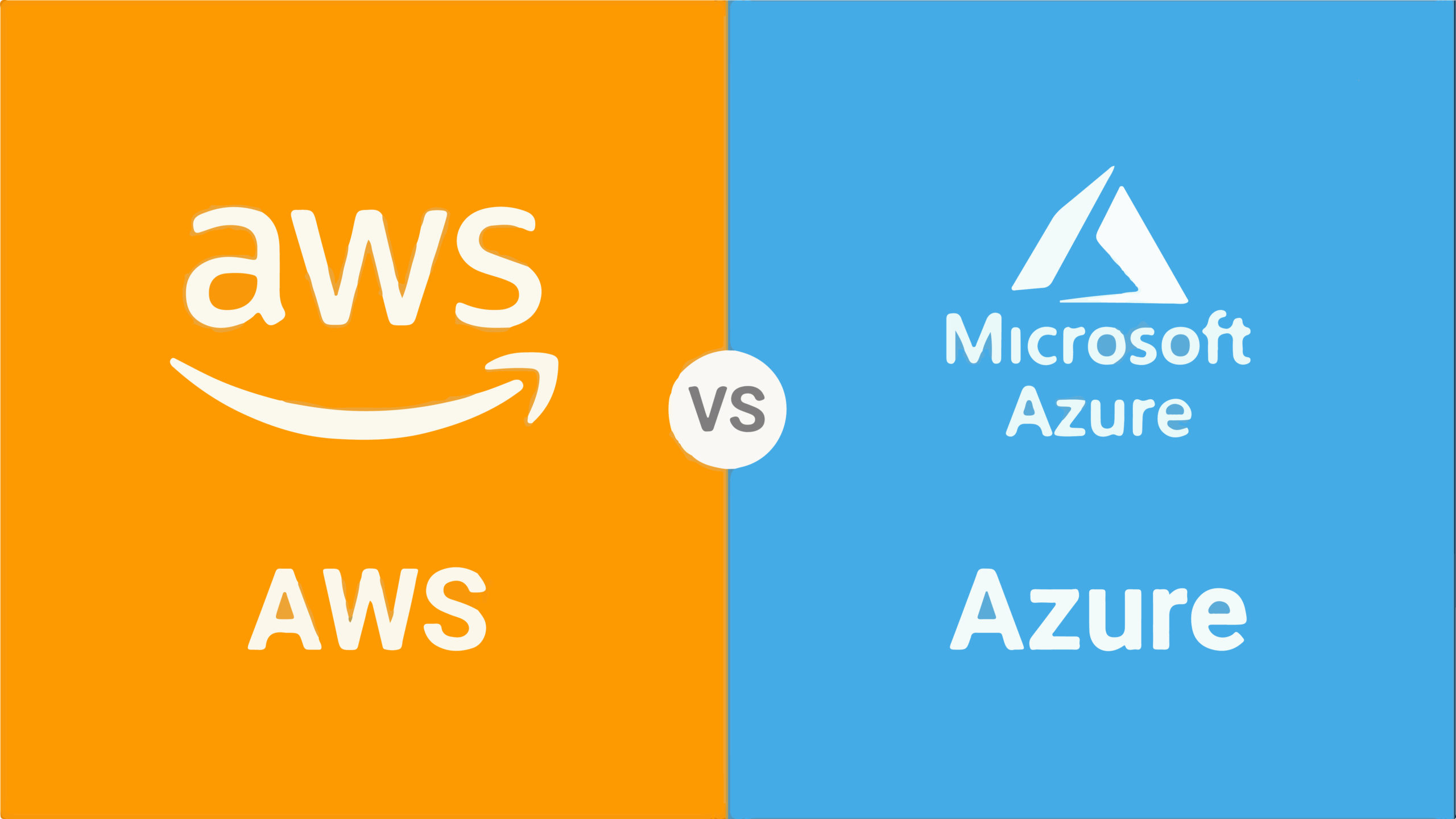Today’s top data warehouses include Amazon Redshift, Google BigQuery, Microsoft Azure SQL Data Warehouse, and Snowflake. Choosing the right data warehouse for your business among one of these is no easy task.
Each has a slightly distinct set of features to offer.
Investing in a data warehouse does not directly guarantee results unless you choose the right data warehouse for your business.
So how do we pick the right data warehouse for the business? We will evaluate all the necessary factors in this post.
Table of Contents
What they have in common

While technical details and costs differ among the big names in the industry, the major data warehouse providers share certain features and core capabilities.
1. Reliability
A data warehouse is a single point of failure in an organization’s data-driven processes, so reliability is paramount. All data warehouse providers offer reliability features, such as data replication across data centers as well as regions.
2. Scalability
A key feature of the cloud is the scalability of storage and compute resources. Massive parallel processing (MPP) systems power the major data warehouse services, allowing scaling up when computing demands are high and down to reduce costs when demands are lower.
3. Columnar data storage
All the data in a data warehouse is stored in columnar format rather than by row. This optimizes compression and minimizes the number of disk seeks on queries.
Data warehouse vendors

Several major data warehouse solutions offering exclusive features can meet enterprises’ needs for cloud computing and big data processing.
1. Amazon Redshift
Redshift is a fast, scalable data warehouse service in the Amazon Web Services (AWS) ecosystem. With more than 15,000 customers using the service, Redshift has the largest number of deployments of the major providers.
Redshift can support big data and optimizes speed and high levels of concurrency. It often wins benchmarks for performance and cost-efficiency on standard data analytics workflows, although third-party benchmark tests are no guarantee of superior performance in your enterprise’s environment.
2. Google BigQuery
BigQuery is the Google Cloud Platform offering for storing, processing and analyzing large datasets. With an emphasis on seamless scalability, BigQuery can allocate tens of thousands of cores to deployment in seconds. Unlike RedShift, BigQuery is serverless and thus provides services dynamically, requiring no upfront provisioning or managing of hardware.
BigQuery also maintains a high level of simplicity and abstraction. The service exposes a SQL interface while automating many complex back-end operations including scaling of compute resources and data replication across availability zones. It provides encryption of data at rest and in transit by default and requires no configuration to get started.
3. Microsoft Azure SQL Data Warehouse
While Microsoft may be more known for their SQL Server database, they offer a competitive cloud data warehouse platform. Azure SQL Data Warehouse offers a scalable and cost-effective system for processing large datasets with familiar syntax and interfaces.
Azure’s data warehouse provides more control over indexing than its competitors. While using this feature requires more technical knowledge to optimize the underlying data structures, it allows IT departments with strong SQL skills to better manage their systems.
4. Snowflake
Snowflake can be run on multiple cloud providers — Amazon Web Services, Microsoft Azure, and Google Cloud Platform. Snowflake provides flexibility in its pricing by charging for compute and storage separately and offering several sizes of data warehouse resources.
Snowflake shines in its plug-and-play ability. It automates many menial data maintenance tasks such as updating metadata and vacuuming, and it automatically enables several security features.
Considerations for choosing a data warehouse

Once you have decided that a data warehouse is necessary for your company’s needs, there are several crucial factors you can start to consider.
- Data types: what type of data do you want your warehouse to store
- Scale: the amount of data you plan to store
- Performance: how quickly you need your data when you query it
- Maintenance: how much engineering effort you’re willing and able to dedicate to your warehouse
- Cost: how much you are willing to spend on your data warehouse
- Community: how connected your warehouse is to other critical tools and services
5 tips on choosing the right data warehouse

Though they share similarities, the major cloud data warehouses have significant differences that your enterprise needs to understand before deciding between them. Consider these tips when choosing a data warehouse for your business.
1. Network latency is not the main factor
There is much confusion regarding the speed in cloud-based services versus on-premises deployments. The truth is that any speed constraints imposed by having to access your data warehouse over a network do not have as much of an effect on performance.
Latency is of course less an issue with on-premises systems than cloud servers located far from an enterprise’s operations, yet the speed difference is often negligible. Performance with a cloud-based system can be as good, if not superior to an on-premises data warehouse in some cases.
2. Opt for cost transparency
For an on-premises deployment, the costs of just building a data warehouse can run into tens of thousands of dollars.
With regards to the cloud, costs can vary extensively across the different vendors as different they offer different pricing structures.
Amazon Redshift, for example, charges you based on the type of computing instances you use to house your data while Google BigQuery charges for each query in addition to charging for storage. The latter, employed based on queries, can lead to challenges in estimating costs and problems arising from that uncertainty, including limiting queries because costs are unpredictable. It is best to opt for the most transparent cost structure that fits your company’s budget.
3. Meeting compliance rules
When choosing a data warehouse product, you must map your company’s own compliance requirements against the standards enforced by data warehouse service providers.
For example, HIPAA compliance laws strictly govern security standards for patient data and other healthcare information. Any organization in the healthcare sector would need to ensure their data warehouse complies with HIPAA regulations. Other rules and regulations exist for other industries governing how sensitive data should be handled.
4. Ensuring high availability
The move towards real-time analytics and the increased reliance on data to make decisions means that a data warehouse must offer a high level of availability.
In the cloud, many of the major vendors offer impressive availability with a high uptime percentage. Furthermore, top cloud vendors typically offer data replication and backup with their data warehouse services. However, outages can still happen in the cloud, so these services aren’t immune from downtime.
5. Opt for easy scalability
As an enterprise grows, it accumulates more data, meaning more computer power is eventually needed to analyze all this data.
For on-premises systems, scaling the data warehouse up requires expensive investments in new hardware, high costs of setting the systems up and increased power consumption. In the cloud, scaling up is usually as simple as requesting more resources from the provider, meaning no time-consuming and costly investments in extra IT infrastructure.
Making the final call
Establishing clear use cases will be one of the most useful things you can do before starting your evaluation.
Questions like how often you plan on querying the data and how much data will be stored in the warehouse are important to nail down before kicking off your evaluation.
This exercise will ensure that the right data warehouse for your business has the capabilities you need and is not more tool than you really need.
[mailerlite_form form_id=1]
















